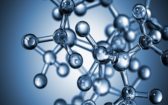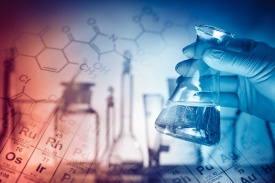Terapia con células madre for Cardiomyopathy: Una descripción general completa
Miocardiopatía, a debilitating disease characterized by impaired heart function, afecta a millones en todo el mundo. Conventional treatment options often provide limited benefits, prompting the exploration of novel therapeutic approaches such as terapia con células madre. This article delves into the current progress and future directions of terapia con células madre in cardiomyopathy, highlighting advancements, desafíos, and opportunities.
Current Advancements in Stem Cell-Based Therapies
Autologous and allogeneic stem cells have shown promise in preclinical and clinical studies. Células madre autólogas, derived from the patient’s own tissues, minimize the risk of immune rejection but may be limited in quantity and quality. Células madre alogénicas, obtained from healthy donors, offer a more abundant and standardized source but raise concerns about immune compatibility.
Several stem cell types have been investigated, incluyendo células madre embrionarias (ESC), células madre pluripotentes inducidas (iPSC), y células madre mesenquimales (MSC). ESCs and iPSCs possess the potential to differentiate into any cell type, incluyendo cardiomiocitos. MSC, while not directly forming cardiomyocytes, have paracrine effects that promote tissue repair and angiogenesis.
Future Directions in Stem Cell Research for Cardiomyopathy
Future research aims to optimize stem cell delivery methods, mejorar la supervivencia celular y el injerto, and improve integration with host tissue. Novel biomaterials and scaffolds may provide a supportive microenvironment for stem cells, facilitating their homing and differentiation within the heart.
Técnicas de edición de genes., como CRISPR-Cas9, offer the potential to correct genetic defects associated with cardiomyopathy. Al apuntar a genes específicos, researchers can potentially restore normal heart function and prevent disease progression. Además, the development of stem cell-derived organoids, miniature models of the heart, could provide a platform for personalized drug testing and disease modeling.
Challenges and Opportunities in Translational Applications
A pesar de los prometedores hallazgos preclínicos, the translation of terapia con células madre to clinical practice faces several challenges. Immune rejection remains a significant concern, particularly with allogeneic stem cells. Long-term safety and efficacy need to be established through large-scale clinical trials.
Opportunities exist to overcome these challenges through collaborations between researchers, médicos, y socios de la industria. Standardized protocols for stem cell preparation, caracterización, and delivery are crucial. Regulatory frameworks need to be developed to ensure the safety and ethical use of stem cell therapies.
Terapia con células madre holds immense potential for the treatment of cardiomyopathy. Current advancements and future research directions aim to optimize cell delivery, improve engraftment, and address challenges related to immune rejection and safety. Aprovechando la capacidad regenerativa de las células madre, we can strive towards novel and transformative therapies that restore heart function and improve the lives of patients with cardiomyopathy.




